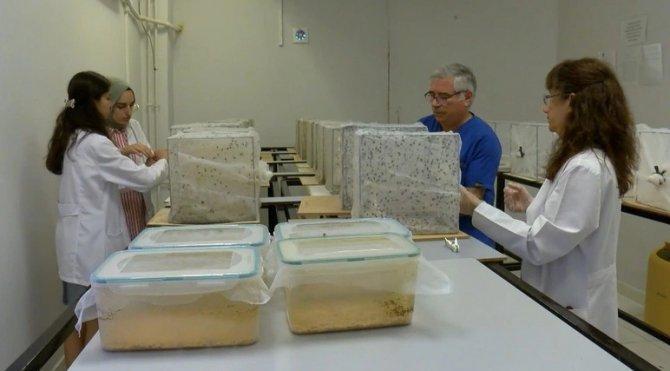Experts warn Türkiye’s west over West Nile virus risk
ISTANBUL

Turkish experts have warned the municipalities and the residents of the country’s western coastal provinces to take strict measures against the danger of the West Nile virus that has caused 11 deaths in Greece in a week.
According to the experts, aerial spraying against the mosquitos should start immediately and continue through September in the Aegean and the Tracian regions.
“Türkiye faces risk, too, as it sits at the same geography with Greece,” Kerem Öter, an associate professor from Istanbul University told the daily Milliyet, that headlined “The risk knocks at Türkiye’s door” on Sept. 8.
Öter highlighted that the risky situation will last until the end of September.
When asked about the symptoms of illness caused by an infected mosquito, Murat Akova, a professor from the Hacettepe University said, “After one is bitten, the incubation period of the virus is three to 14 days.”
“Then the illness shows up with a kind of flu,” Akova said and added: “One can have headaches, nausea, skin rash.”
With only 1 percent of risk, one can also have a stroke, cerebritis and meningitis, he warned.
Experts strongly recommended the municipalities to carry out aerial spraying through the month, and also gave a list of advisories to the residents.
“People should wear long sleeved clothes and pants or jeans, use fly-repellent lotions,” Akova said.
Biologist Ramazan Karakaya’s advise was to “stay away from reed fields” during the month.
Initially detected in 1937 in the African country of Uganda, the West Nile virus was seen in Türkiye in 2010 with some 47 infection cases for the first time in the country’s history.
Officials have found out some 11 types of mosquitos that can “transfer the virus to humans.”
There is no vaccine for the virus. “Only 20 percent of those bitten by infected mosquitos show indications of illness,” the daily stated.
















